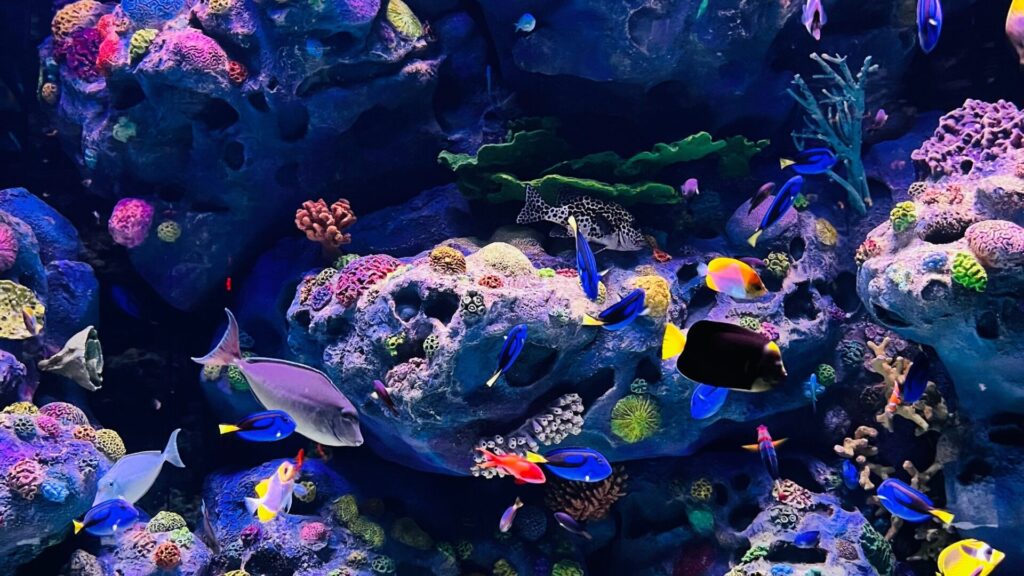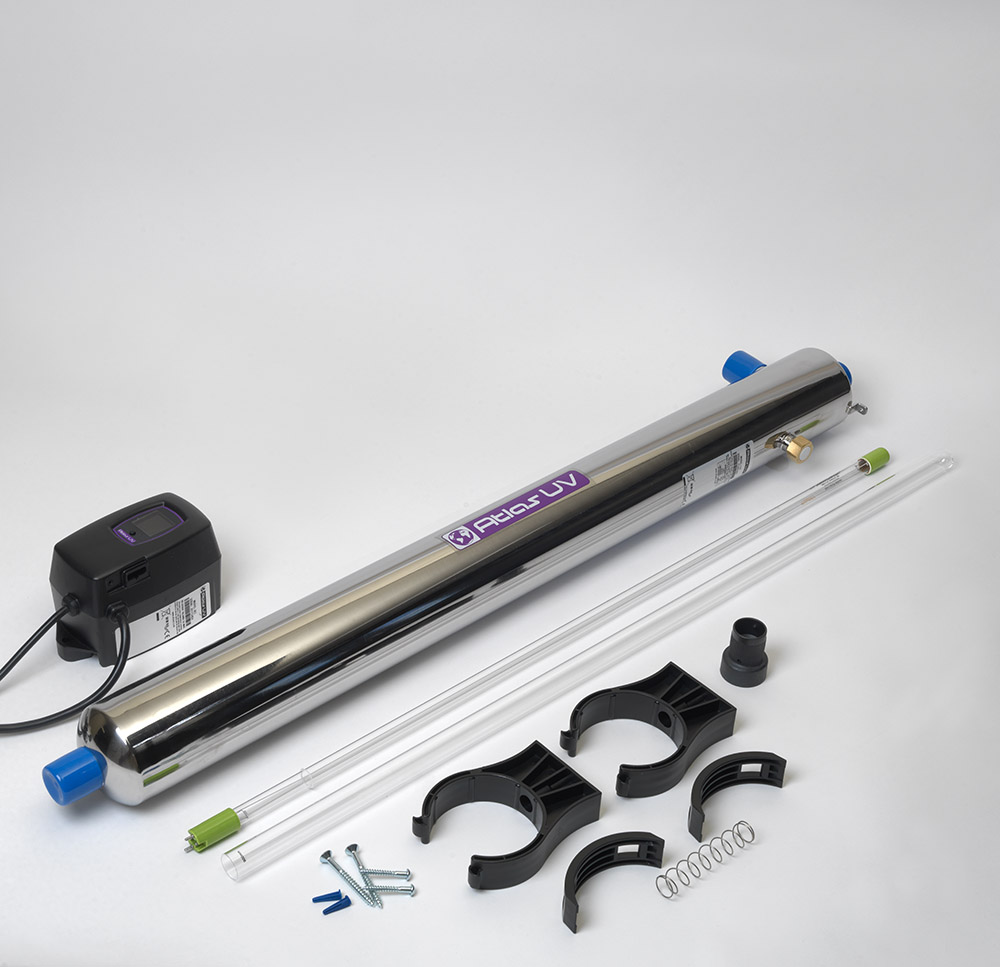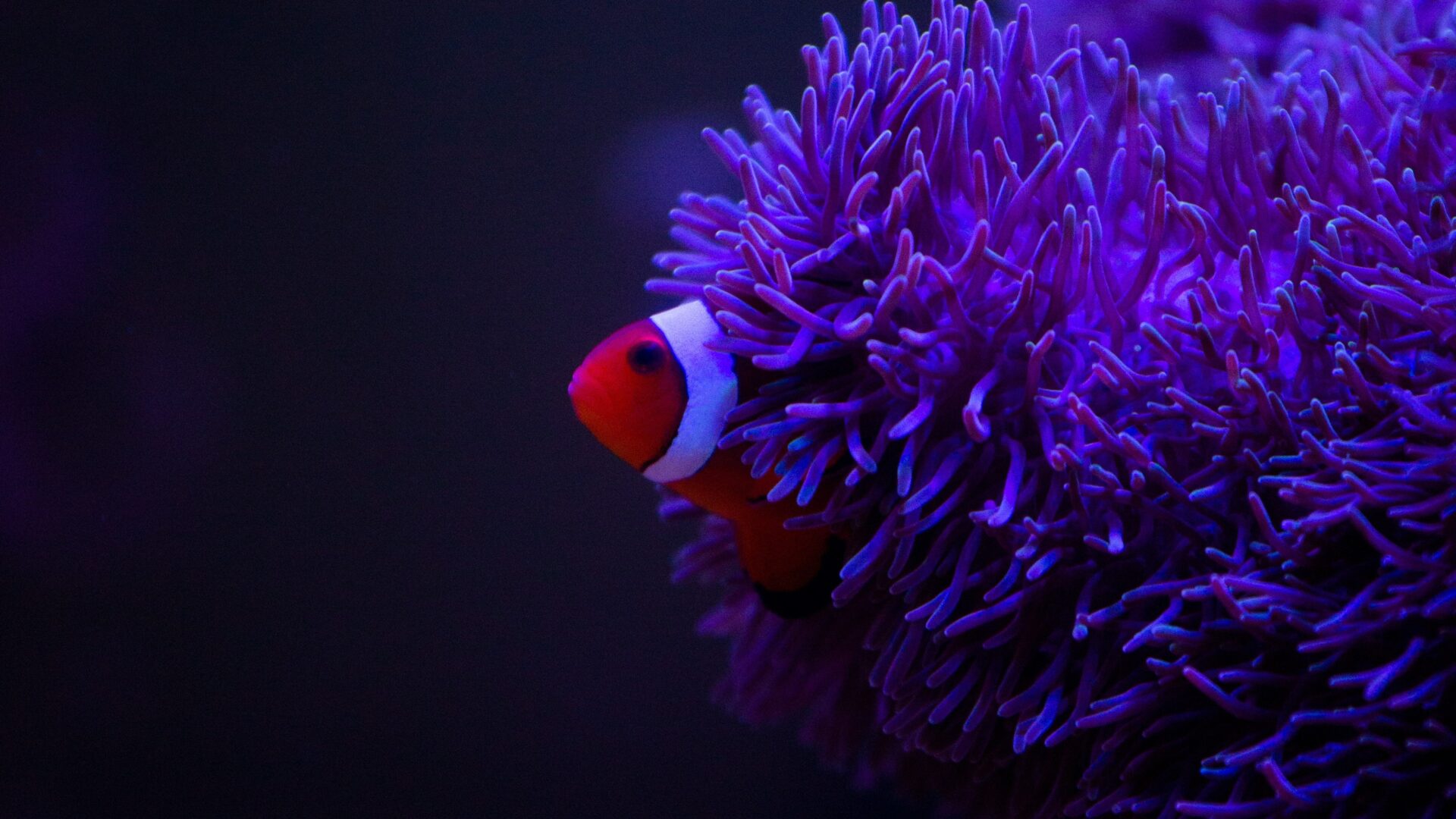Is UV disinfection an environmentally friendly method of water treatment?
UV (ultraviolet) systems are used to treat water by exposing it to ultraviolet light, which kills or inactivates all known microorganisms including bacteria and viruses. The question “Is UV disinfection an environmentally friendly method of water treatment?” is regularly asked.
Compared to other water treatment methods, UV systems have some environmental advantages. For example, they do not require the use of chemicals such as chlorine, which can be harmful to the environment if not handled properly. UV systems also do not produce any harmful byproducts, as some chemical treatments can.
Chemical free
UV disinfection is a natural and environmentally friendly method of water treatment and disinfection that doesn’t produce any toxic by-products or pollutants. As ultraviolet radiation dissociates the DNA within living cells, it prevents further growth and reproduction, making it an effective and safe way to purify water.
Unlike traditional chemical disinfection methods that can produce harmful by-products and pollutants, UV disinfection leaves no trace and is completely safe for humans to consume. Additionally, because no chemicals are used in the process, there is no pollution of the water or surrounding environment.

One major advantage of UV water treatment systems is that you can’t overdose on the amount of UV light used to disinfect the water. This is because the UV light used in these systems is only active within the chamber where the water is treated and does not leave any residual UV light in the water. Therefore, there is no risk of over-exposure to UV light by drinking the treated water.
Additionally, UV systems do not remove beneficial minerals from the water, unlike some other treatment methods that can ‘strip’ water of important minerals
Cost effective
UV disinfection is an environmentally friendly method of water treatment that doesn’t require harmful chemicals like chlorine. By utilizing UV radiation, organizations and individuals can reduce their impact on the environment and ensure that their water is safe to use and consume.
Additionally, UV disinfection is a cost-effective solution overall, as it does not require ongoing chemical purchases or the storage and handling of potentially hazardous substances.
Reduces energy consumption
UV systems are energy-efficient, as they only require electricity to power the UV lamps.
This contrasts with other water treatment methods, such as reverse osmosis or distillation, which require significantly more energy to operate.
So, is UV disinfection an environmentally friendly method of water treatment?
UV disinfection is a highly effective method of water treatment and disinfection, with a 99.99% inactivation using a standard dose destroying harmful bacteria. This level of effectiveness is comparable to traditional chemical disinfection methods, without the need for additional systems or the use of strong chemicals that can have negative impacts on the environment and human health.
By utilizing UV disinfection, organizations and individuals can ensure that their water is safe and free from harmful bacteria, without introducing additional pollutants or chemicals into the environment.
If you have queries about installing an eco-friendly, low energy, cost-effective water treatment unit, feel free to contact us with your questions, we are happy to help.
Do not forget to check our FAQ page and helpful How to Videos or follow our YouTube Channel for more helpful tips.

Atlas UV Units
A UV (ultraviolet) unit is commonly used in water treatment systems for domestic homes to disinfect and purify water. The UV unit serves as an effective way to kill or inactivate harmful microorganisms, including bacteria, viruses, and parasites, without the use of chemicals like chlorine.
Atlas UV Units are designed to provide low-cost, chemical-free disinfection solutions. See our available range below.

